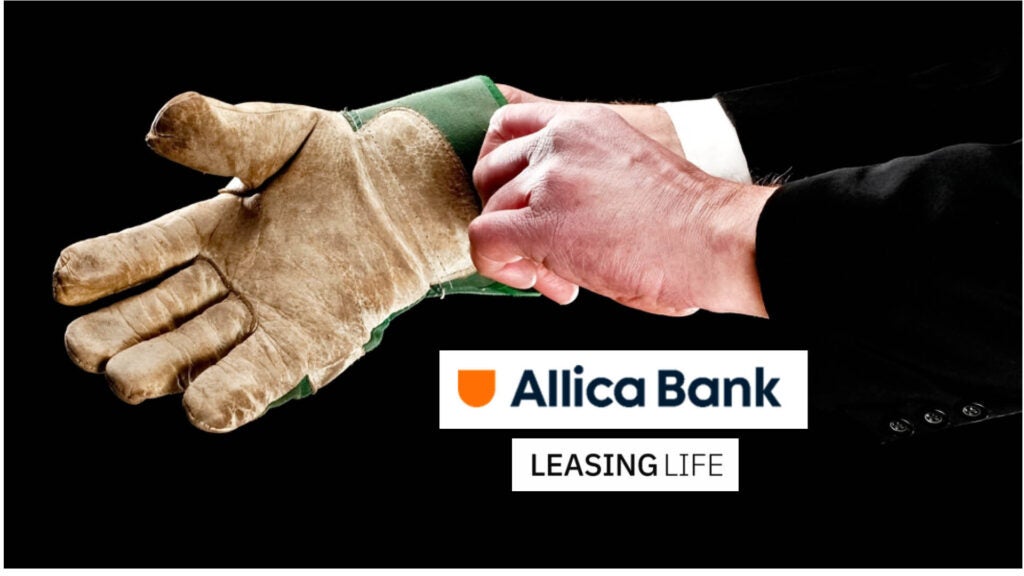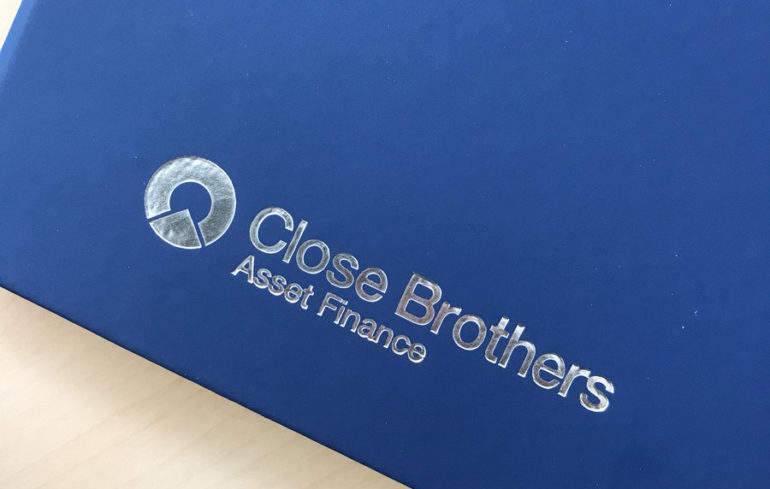The asset finance market for sub-prime
business has shown signs of recovery this year as smaller providers
fill funding gaps left by high street banks.
Companies who provide asset-backed loans to
businesses for the purchase of equipment or other tangible assets
report a steady growth in markets ranging from construction to
beauticians.
Barry Hutchings, sales and marketing director
at State Securities, which specialises in sub-prime loans, said its
lending in the first quarter of this year was higher than the same
period a year earlier.
Growth areas include funding for “good, hard
assets” such as food production and construction, Hutchings
said.
“We are seeing quite a few companies with
short-term cashflow problems,” he said. “As the economy emerges
from recession and there are signs that the market picks up
companies need to re-equip or raise working capital.”
Asset finance companies’ lending criteria has
remained largely unchanged during the economic downturn – typically
focusing on the saleable value of assets and assets of business
owners, for example mortgages.
How well do you really know your competitors?
Access the most comprehensive Company Profiles on the market, powered by GlobalData. Save hours of research. Gain competitive edge.

Thank you!
Your download email will arrive shortly
Not ready to buy yet? Download a free sample
We are confident about the unique quality of our Company Profiles. However, we want you to make the most beneficial decision for your business, so we offer a free sample that you can download by submitting the below form
By GlobalDataSmall businesses have complained that bank
loans have become much harder to come by following the banking
crisis three years ago. This has given asset finance suppliers an
opportunity to expand in the small business market.
“We are seeing a lot of lending for catering
and retail for assets like refrigeration,” said Louise Clark,
marketing manager at Armada Finance. “Other key trends in lending
include amusement machines, gym equipment and beauty equipment. I
think this is because a lot of traditional lenders have probably
shied away from these sectors.”
Despite some encouraging signs, customer
demand for asset finance is volatile and does not follow annual
trading patterns of previous years, Clark added. “There is no
pattern to business. You used to be able to predict that
hospitality clients would get really busy before Easter as they got
ready for the holiday season but this is not necessarily the case
any more.”
Despite the current economic climate of
austerity, the finance market for some luxury assets has grown
sharply over the past year.
Liberty Leasing, said loans for “prestige”
company cars, such as Jaguar and Rolls Royce, have increased by
around 20 percent over the past year.
“The cars are mainly for company directors,”
said Paul Sheedy, sales and operations director at Liberty Leasing.
“In our market small asset finance funders have benefited from the
recession because banks have been pulling out of the market.”
For their part, high street banks are keen to
woo small businesses. In early April this year some of the UK’s
biggest banks launched a campaign to make lending to small and
medium-sized businesses more transparent.
Under the scheme, HSBC, Barclays, RBS, Lloyds
and Santander will have to provide businesses with the result of a
loan appeal within 30 days and information on alternative sources
of finance if loans are denied.
nick.huber@vrlfinancialnews.com







